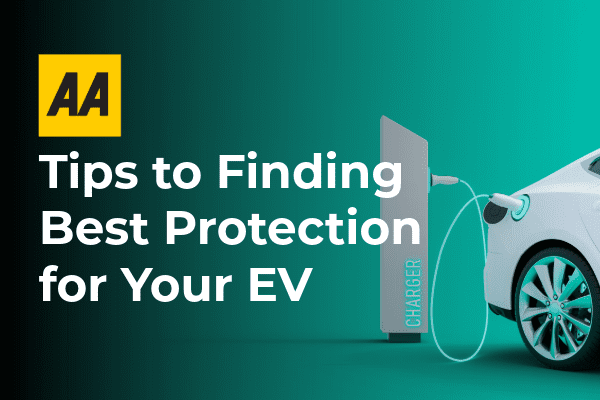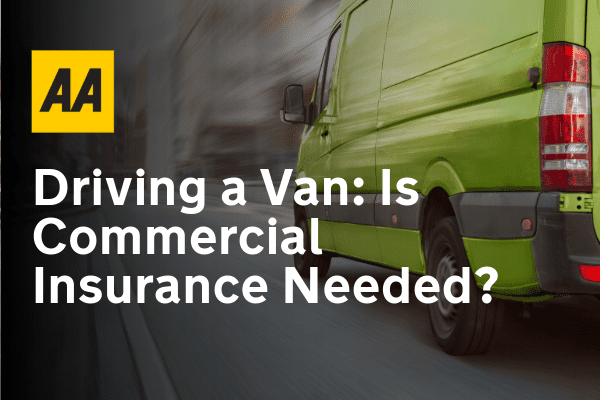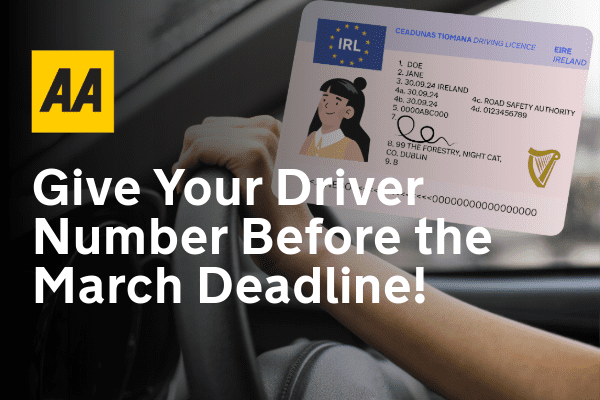Okay, here’s the real deal: In Ireland, you gotta have at least Third Party car insurance, no way around it. That’s the bare minimum, you’re covered if you mess up someone else’s car or property, but if your own ride gets damaged? Tough luck, you’re on your own. It’s just enough to keep you out of trouble with the law, nothing fancy.
As a driver in Ireland, you’re required by law to have car insurance. But do you truly understand what your basic coverage entails? It’s crucial to be well-informed about your policy to ensure you’re adequately protected on the road. In this article, we’ll demystify the complexities of Irish car insurance, breaking down the essential components of basic coverage. You’ll learn about the minimum legal requirements, what’s typically included in standard policies, and what additional protection you might need to consider. By the end, you’ll be equipped with the knowledge to make informed decisions about your car insurance, potentially saving you money and headaches down the road.

Understanding the Basics of Car Insurance in Ireland
Legal Requirement
In Ireland, car insurance is not just a precaution—it’s a legal necessity. As a driver, you’re required to carry proof of insurance, typically displayed as a disc in your windscreen. This mandate protects both you and other road users, ensuring financial coverage in case of accidents or damages.
Types of Coverage in Car Insurance
Two primary types of car insurance are available to you:
Fully Comprehensive: This popular option offers the highest level of protection. It typically allows you to drive other vehicles and includes additional benefits. Read More about Fully Comprehensive Car Insurance……
Third Party, Fire & Theft: A more basic option, this covers damage to other vehicles and protects your car from theft or fire damage. It’s often chosen by newer or younger drivers due to lower costs. Read More about Third Party, Fire and Theft Car Insurance……
Factors Affecting Premiums
Your insurance premium can be influenced by various factors:
- Driving experience and age
- License type
- Penalty points
- Vehicle usage and mileage
- Car type and age
- Location
- Claims history
Understanding these elements can help you make informed decisions about your coverage and potentially reduce your costs. Remember, no two policies are identical, so it’s crucial to shop around and compare options to find the best fit for your needs and budget.

Factors That Impact Your Car Insurance Premiums
Your car insurance premium is influenced by various factors, each playing a role in determining your overall cost. Understanding these elements can help you make informed decisions and potentially reduce your insurance expenses.
Driver-Related Factors
Your personal characteristics significantly impact your premium. Age and driving experience are crucial, with younger and less experienced drivers typically facing higher rates due to increased risk. Your license type also matters; a full license often leads to lower premiums compared to provisional licenses. Additionally, any penalty points on your record can result in higher costs, as they indicate a higher risk profile.
Vehicle and Usage Factors
The type and age of your car play a substantial role in premium calculations. Newer, more expensive vehicles generally cost more to insure due to higher repair or replacement costs. Your annual mileage and vehicle usage (personal or business) also affect rates, as more time on the road increases the likelihood of accidents.
External Factors
Your location influences premiums based on local crime rates and accident statistics. Urban areas often have higher premiums due to increased traffic and theft risks. Your claims history is another critical factor; a clean record typically results in lower premiums through no-claims discounts.
By understanding these factors, you can make choices that may help reduce your car insurance costs while maintaining adequate coverage.

Tips for Getting the Best Deal on Your Car Insurance Policy
Compare Multiple Quotes
To secure the best deal on your car insurance policy, it’s crucial to obtain quotes from several insurers. Each company uses different algorithms to calculate premiums, so prices can vary significantly. Utilize online comparison tools or consult with an independent insurance broker to efficiently gather multiple quotes.
Optimize Your Coverage
Carefully review your policy to ensure you’re not over-insured. While comprehensive coverage offers extensive protection, it may not be necessary for older vehicles. Consider opting for third-party, fire, and theft coverage if your car’s value has depreciated significantly. However, always maintain the legally required minimum coverage.












